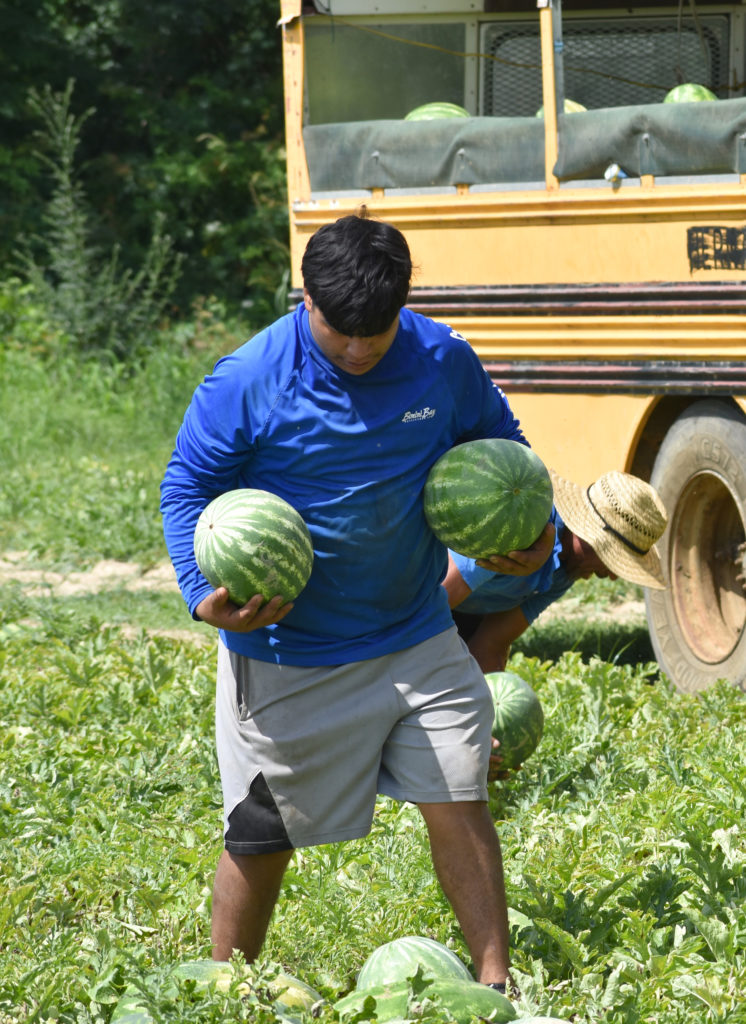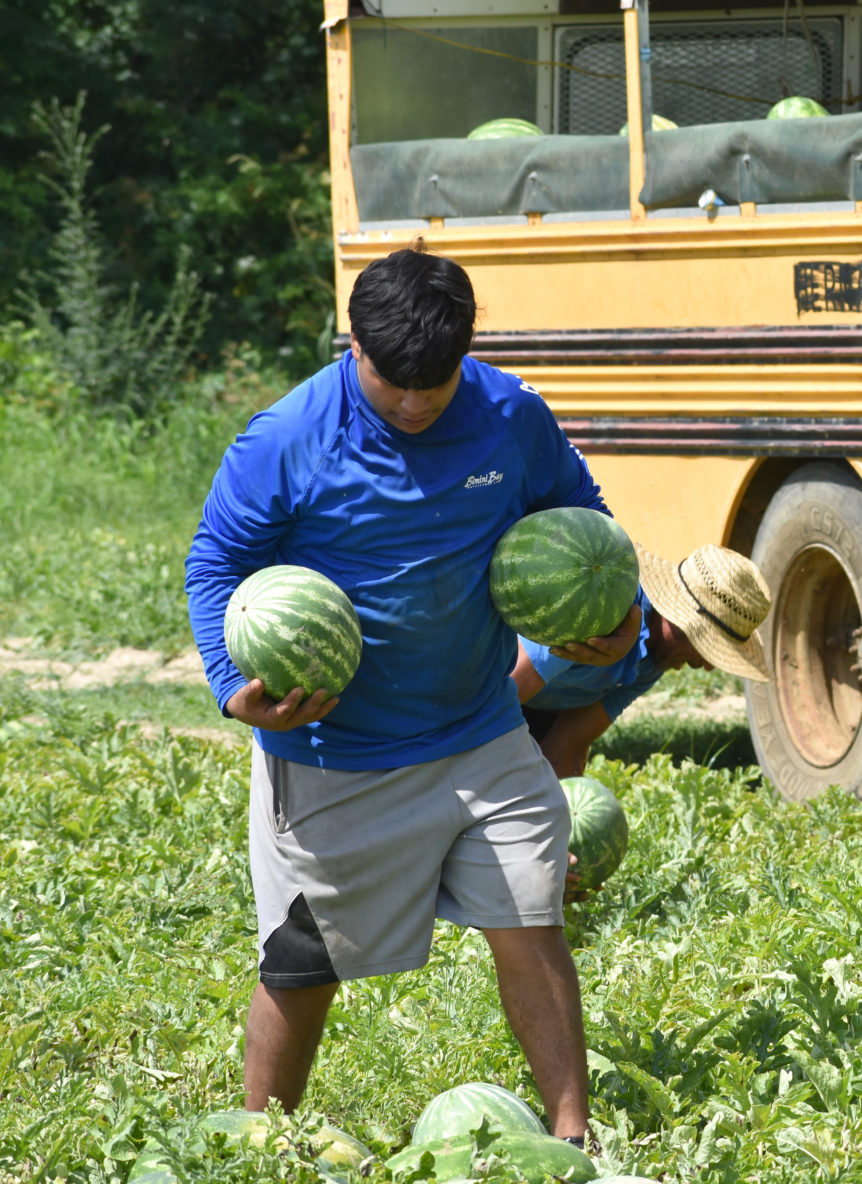By Clint Thompson
Specialty crop producers in Georgia and Florida scored a court victory on Monday. The U.S. District Court for the Southern District of Georgia granted a preliminary injunction, halting the effective date of the U.S. Department of Labor’s (DOL) controversial Farmworker Protection Rule.

The DOL cannot enforce the rule in the 17 states that were involved in challenging it, including Florida and Georgia. It’s a win for the Georgia Fruit and Vegetable Growers Association executive vice president Chris Butts.
“We think it was a great day for growers and users of the H-2A program. We’re looking forward now to a day in court where we can fully hash out these new rules and demonstrate that they were indeed an overreach for the Department of Labor, far beyond what Congress ever intended for them, in terms of authority,” Butts said. “We’re looking forward to a hearing and having the case litigated and hopefully preventing these rules from ever taking effect across the country.”
Controversial Rule
The 600-page rule was meant to strengthen protections for farmworkers, targeting vulnerable workers experiencing abuse under the H-2A program. But it only added to the regulatory burden impacting fruit and vegetable producers across the country.
The rule added new protections for worker self-advocacy, allowing workers to consult legal guidance in employer-furnished housing. Workers can also invite and accept guests, including labor organizations, to their employer-furnished housing. It also required seat belts for vehicles used to transport workers under the H-2A program. Vehicles without seat belts for every occupant are prohibited under the final rule.
The question is now what’s next for the DOL, which was set to implement the rule this week. Butts believes the DOL may alter its schedule if it can’t legally enforce the rule for all 50 states.
“Any member of GFVGA or anyone in those states is exempt from the new rules going into effect which is scheduled to do on Thursday. There’s some speculation that DOL may try to forgo rolling out the rules entirely. We’ll have to wait and see what DOL decides on that front,” Butts said. “I do think it would be extremely difficult to have one set of rules for 33 states and one set of rules for 17 states, especially when you have growers that may be growing (crops) in multiple states; some that were included in the injunction and some that were not.”










